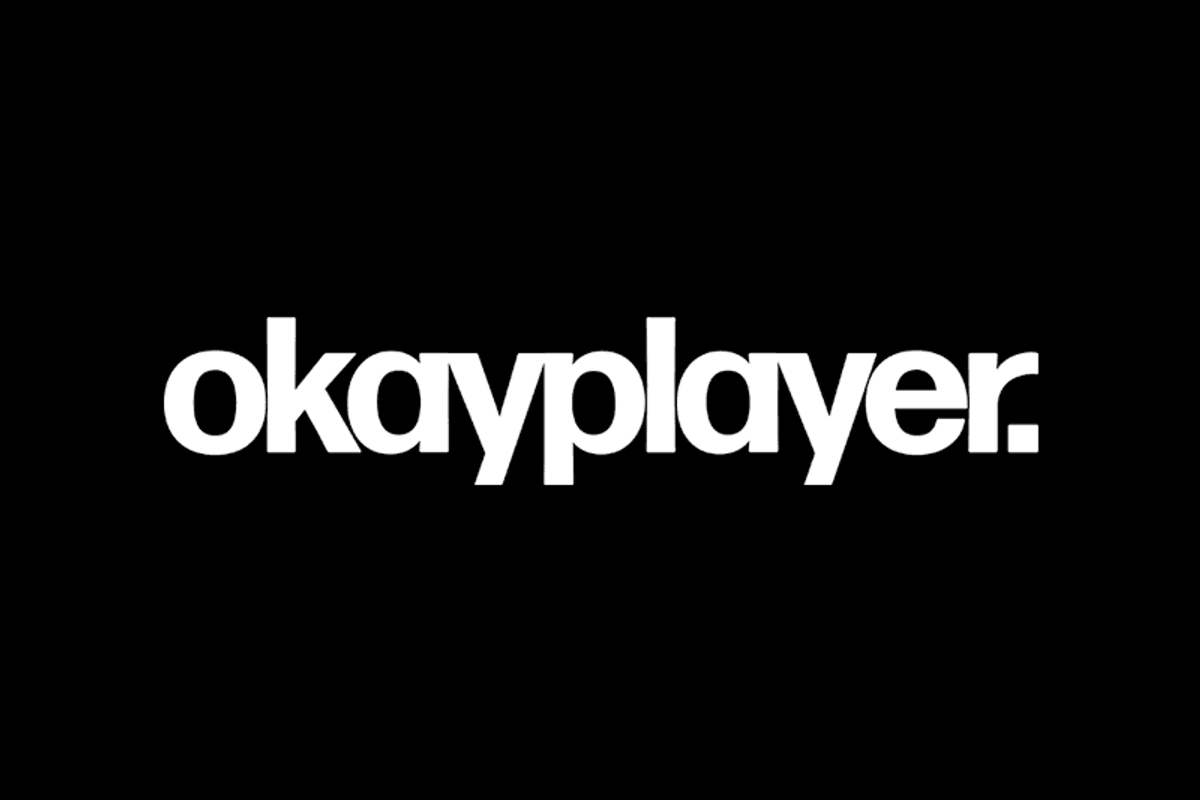
Nate Parker Talks Rape Case, Consent And Toxic Masculinity With Ebony
To continue reading
Create a free account or sign in to unlock more free articles.
By continuing, you agree to the Terms of Service and acknowledge our Privacy Policy
Register
The content is free, but you must be subscribed to Okayplayer to continue reading.
THANK YOU FOR SUBSCRIBING
Join our newsletter family to stay tapped into the latest in Hip Hop culture!
Login
To continue reading login to your account.
Forgot your password?
Please enter the email address you use for your account so we can send you a link to reset your password:

If you've been on the Internet lately, then you've definitely heard about Nate Parker's 1999 rape trial. While I won't get into details about this disturbing and triggering case (it deserves it's own piece), this incident sheds light on the need to have more conversations on consent. What is consent? What does it mean? How do you get it?
In the midst of all of the social media speculation and commentary regarding Nate Parker's 1999 rape trial, there is an obvious misunderstanding of what consent is. In order to understand the full meaning of consent, we need to talk about rape culture.
What is rape culture?
Rape culture is the world we live in: a world that normalizes violence against women, and blames them for the trauma they endure.
Rape culture is in our language. For example: "I hit that," "I tapped that," are sayings that dehumanize women and turn them from human beings into objects. "I hit her," or "I tapped her," probably wouldn't sound as catchy, I suppose.
Rape culture is in our music. For example: "How Many Drinks" will it take to get you plastered enough to get in my bed, because clearly you'd only be willing to do that with decreased motor function and delayed reaction time? I also can't tell if you're consenting, because of these "Blurred Lines," but I also "know you want it." Not sure how that works; clearly I'm conflicted.
Rape culture through the lens of Blackness is dissected perfectly in Mumia Abu-Jamal's 1995 essay "A Rap Thing," where he examines the language and objectification of women in R. Kelly's "You Remind Me Of My Jeep":
It is that all-American corporationism that transforms rap’s grittiness into the gutter of materialism: a woman, a living being, reminds a man of a thing—a car.That, to me, is more perverse than the much-criticized “bitches and ‘hos” comments.
This is especially objectionable when one notes that in America, in the last century, in the eyes of the law, blacks were property—chattel, things… like wagons, owned by whites.
That a black man, some three generations later, could sing that a black woman, his God-given mate, his female self, “could remind me of my jeep,” amazes me.
Rape culture is in our advertisements. It's in our magazines. It's in our favorite shows. It's in our movies. It's in our everyday conversations. It's in our criminal justice system. It's the reason why only 3 out of every 100 rapists will ever face a single day in prison. It's why as many as 60% of Black girls experience sexual abuse before they turn 18. It's the reason why women are accused of "crying rape" even though the FBI found that only 2% of rape allegations are false.
Consent is an agreement between participants to engage in sexual activity (RAINN). Consent cannot be given if she's passed out. Consent cannot be given if she is incapable of functioning. If she's not conscious, she cannot consent. If she says "no," that does not, under any circumstances, mean that her body says "yes." Assuming she wanted it (for whatever illogical and/or problematic reason), and deciding to take matters into your own hands by forcing yourself on her, is rape.
Even if she's butt-ass naked and had every intention of sharing her body with you, once she says "no," that's the final answer, even if she changed her mind. Nobody ever died from blue balls. Wouldn't you rather endure blue balls than rape somebody?
If a man charged with rape claims he's "innocent" even though he forced himself on a passed out victim, he could very well believe he is innocent if he doesn't understand what consent is. On the other hand, some people know damn well what consent is, and still choose to violate.
We know that 1 in every 6 women in the US will experience rape in her lifetime. If hardly any rape charges lead to a conviction, then, what are we saying to women who've endured sexual assault? We're saying that we don't believe them and that nobody raped them. Who did, then? The boogeyman? Ghosts?
Women are being sexually assaulted (for the most part) by everyday people: your homie, your uncle, your barber, your bartender, your brother, your professor. Statistically speaking, you probably have people close to you that have raped someone.
"But, all of the people in my life are good people! They would never intend to harm or sexually assault someone!"
Intent and impact are two very different things.
If I intend to have a smooth drive home from the grocery store, and I don't realize that I am running over someone on the road in the process, it doesn't matter that I didn't see them. It doesn't matter that I didn't intend to harm somebody with my vehicle. The impact is there and the damage is done. The only thing I can do at that point is help the victim by owning up to my actions, taking responsibility, assisting them in any way that I can, suffering the consequences, and learning how the fuck to drive better.